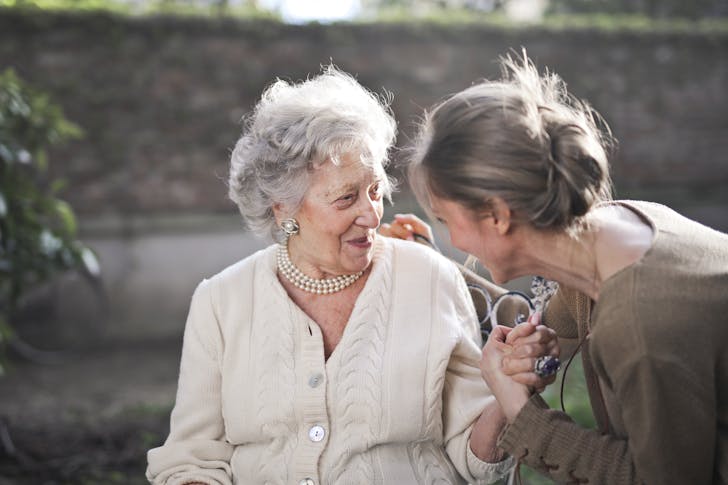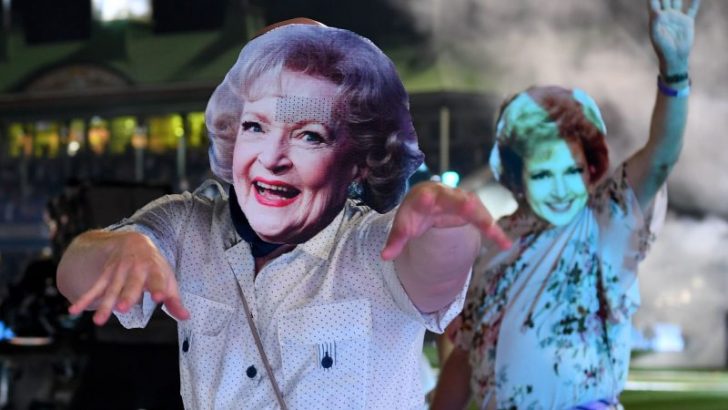The golden age is not just about retirement and rocking chairs. In “Golden Years,” James Chappel flips the script on what growing old really means. His book is not soft or sentimental. It is sharp, bold, and clear. He argues that the way we treat aging is broken - and it is time to rethink everything.
Chappel mixes strong research with real stories to show how our modern view of aging didn’t just happen. It was built. And now, it might be holding us back.
The "Golden Age" Was Made Up & It is Not Helping
The idea of the golden age - a time when older people step back, relax, and stay out of the way - was not always the norm. Chappel shows how this concept grew after World War II. Leaders pushed retirement as a clean exit from work and public life.

Olly / Pexels / Chappel makes it clear that the "golden" phase was not built for older people. It was built around them - without asking what they wanted.
This version of aging kept older people quiet and sidelined. It said, "You’ve done enough. Now fade into the background." But that is a bad deal. Many still had the energy, skill, and will to stay active.
Retirement Isn’t the Finish Line
Most of us see retirement as the end. You work hard, you stop, and then you… do less. Chappel doesn’t buy it. In “Golden Years,” he shows how this mindset limits people. It shrinks their world. It tells them their purpose is over.
But retirement doesn’t have to mean "done." It can be a reset. A switch. People can take on new roles, give back in different ways, or just live louder. Chappel argues that society needs to catch up. We should stop treating older folks like they’re used up. They still have plenty to offer. And often, they are just getting started.
Older People Got Pushed Out of the Story
The golden age myth made aging look neat and simple. But it erased a lot of people. Women, people of color, and the poor didn’t get the same deal. Chappel doesn’t let that slide. He digs into how retirement and old age looked very different depending on your race, gender, and class.
For some, growing old meant more work, not less. It meant care work, family duties, and struggle. These stories often got left out. Chappel puts them back in. He gives space to the real messiness of aging in America. Not just the glossy version built for white men with pensions.
We Need to Rethink Care
Aging is not just about the person getting older. It is about the people around them too. Chappel takes a hard look at how the U.S. handles elder care - and it is not a pretty picture. Care is often unpaid, unsupported, and mostly done by women.

NY Times / James Chappel argues that we need a system that values this work. One that doesn’t treat care like a burden or a side note.
If we are serious about honoring the golden age, we have to stop making people choose between their jobs and their loved ones. Real support means real policies — and a shift in how we think about aging and care.
Older Adults Can Still Shape the World
This might be the most important point Chappel makes. The golden age shouldn’t be about fading out - it should be about speaking up. Older people have power, voice, and perspective. But too often, they are shut out of decisions that affect them.
Chappel wants to flip that. He shows how older adults can lead, organize, and push for change. They are not just voters or volunteers, they are leaders. And they don’t need permission to speak. They just need the space.



